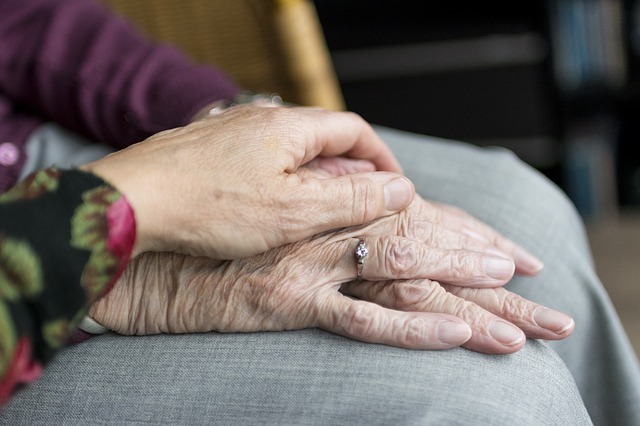The decision to look for care for your elderly relative is never an easy one to make. However, there often comes a time when this decision becomes inevitable to ensure that your loved one is well looked after and kept safe.
Many people try to handle the care of their ageing parents by themselves, often trying to juggle childcare for their own kids, as well as working at the same time. Over time, many people find trying to balance these roles unsustainable, and it all becomes too much. A reluctant decision is then made to start looking for care for their parent in either a nursing home, assisted living residence or care home. Understandably, this is an extremely emotional time for everyone involved and can put a strain on the adult child/parent relationship.
Here is some information to bear in mind when choosing the right residential care for your loved one:
Getting recommendations for residential care from other people that have faced the same decision can help you to provide a starting point for your search.
Choose a facility that best suits their medical needs, and can provide them with the right level of support.
Check how happy your relative is with each choice, to ensure that they settle in well.
Don’t forget to consider distance, as if the residential care facility is too far, it will make it harder to visit regularly.
Assisted Living, Care Home or Nursing Home?
There are many different options to choose from when selecting residential care; here is a brief overview of each of the available options:
Assisted Living – Assisted living refers to a retirement community where residents get some help with their daily needs but are not entirely dependent on being cared for by staff. Check the level of care provided by each assisted living complex, as you will find that they each vary in the amount and level of care that they offer residents.
Care Home – A care home provides elderly residents with care 24 hours a day, seven days a week. Residents will be cared for by carers that can help them with tasks such as washing and dressing. Elderly residents will also have their meals prepared for them by the staff.
Nursing Home – A nursing home provides the same care that residents receive in a care home, but nursing homes employ registered nurses too. Having registered nurses on-site means that nursing homes are better prepared for residents with ongoing illnesses and more complex medical needs.
Once your relative is in residential care, ensure that you keep a close eye on their wellbeing and mood, to ensure they are being well looked after. If you have doubts over the care they are receiving, then these will need to be addressed, and you may need to move your relative to a new facility. You may choose to seek help from a lawyer such as Gray and White Law if you do not feel that your complaints were dealt with satisfactorily.


